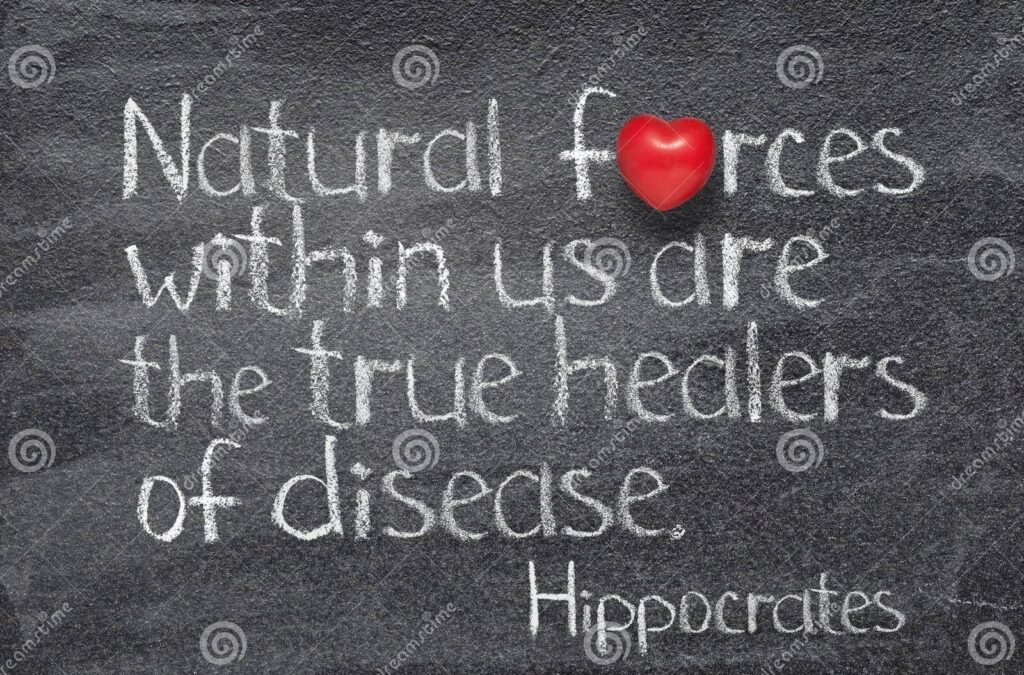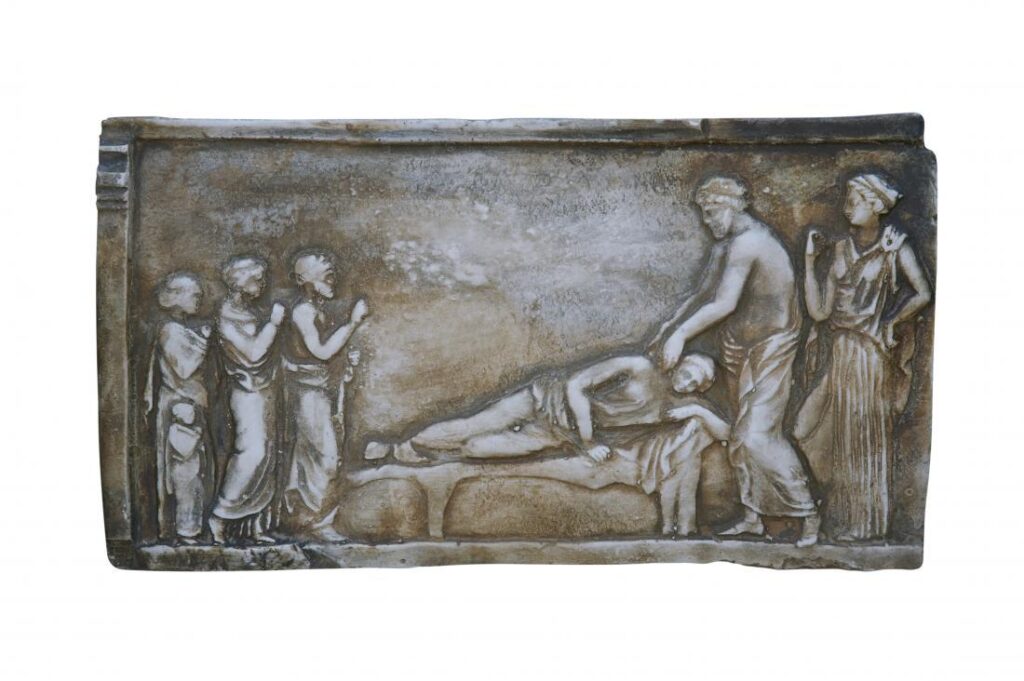
Is the statement ‘Let food be your medicine’ true?
After all, this is the ancient wisdom of the Greek physician Hippocrates, which is more than 2000 years old and concerns the view of well being even in modern society.
Medicine is often associated with drugs, but Hippocrates was the first to realize the importance of food in restoring health to a sick person. Let food be thy medicine and medicine be thy food; there is indeed a meaning in this proverb.
In fact, it is a practice which is receiving a lot of attention in these present healthcare practices.
Let’s hear out why it is high time to speak about Hippocrates, and what the science says about his strategies and tactics. Meanwhile, there is a need to know which foods can be used for the good of human health.
Hippocrates was a revolutionist when it came to food and its significance. During his time, when mystical forces were believed to cause diseases, he was among the first to stand against them. He contend that it was the lifestyle, in particular dietary habits, that was the bedrock of one’s well being.
He considered food to be preventive medicine, stating that a healthy diet should be promoted so that sickness does not nip in the bud.
Currently, we have a growing number of diseases related to our way of life. Some of these are diabetes, diseases of the heart, and even obesity. All of them are connected with food and could have been avoided if a healthy diet is strictly observed.
This more than justifies the Hippocrate view of health, which places great emphasis on the role of food in disease management (Witkamp & Van Norren, 2018).
For instance:
By eating foods that heal and protect, you can eliminate or reduce many of the health problems before they arise.
This view of diet by Hippocrates was not limited to physical health only; he regarded it to affect mental health as well. He argued that food is capable of feeding both the body and mind. This way, it provides complete treatment to an individual.
Modern day studies reinforce what the father of medicine Hippocrates once opined ‘that dietary patterns have an impact on mental wellbeing’. Omega-3s, B vitamins, and antioxidants are some of the nutrients which promote brain activity and elevate moods.
For instance:
Thus, healthy foods help us achieve good physical health and build emotional strength.
Hippocrates, went a step further and advocated the use of food in itself towards treating the body. His observations were devoid of modern science, but they were promising. His statements regarding the potential effect of food as treatment are in accordance with the contemporary understanding of nutrition and disease in today’s world (Gorski & Gorski, 2015).

It is established that some specific diets help in the healing process and relieve inflammation.
For example:
Thus, nutrition plays an important role with respect to the healing process of the body, joining up with other medical treatments.
The Hippocratic concept of food as a form of medicine presumes what we currently recognize as ‘integrative healthcare’. Such an approach combines not only conventional treatments but also various changes in one’s lifestyle. It addresses the importance of diet, exercise, and stress management for the better care of patients.

The overall objective of integrative healthcare is to not only treat the signs and symptoms but also understand the various predispositions of the illness. This is where health care and medical treatment customize the wellness approach for the patients by including nutrition in patient care.
For instance:
This method is important in the treatment of diseases such as diabetes. It is where lifestyle treatment can help manage the disease more effectively than taking medication solely.
With the escalating trends of chronic diseases, the relevance of Hippocrates’ wisdom on food has become more famous than before (Hlaing & Sharkey, 2023). At present, there is an increasing fame of the importance of nutrition therapy in the management and prevention of diseases.
Nutritional health is not only about treating the existing conditions as it was before. It targets several reasons that could be the basis of most diseases, mainly improper food habits and lack of exercise.
The importance of nutrition for health cannot be understated, given by modern science:
Given all these developments, one cannot merely think of food as medicine, a philosophy. It has become a practice based on science.
How can someone embody the brilliance of Hippocrates in today’s twisted societies?
Here are some practical actions steps on how to make ‘food as medicine’ beneficial and efficient:
A complete and immediate change in the diet may sound difficult. It’s better to begin with small adjustments, which can be easily adopted for the dieter:
These easy modifications in behaviour can transcend a short period and bring about long-term changes in lifestyle. It is consistent with the notion of health promoted by Hippocrates as a practice for life, not for instant gratification.
Let us accept that Food is the elixir of Life!
The idea of Hippocrates ‘let food be thy medicine and medicine be thy food’ helps in comprehending that food is not only about calories. In fact, it is about the individual’s health and wellbeing.
By consciously choosing the kinds of food to eat, we impose our will on our bodies. Hippocrates’ principles are way beyond treatment. They acknowledge the role of food as a basic health provision that should come first before any other forms of treatment. It is aimed at promoting a more sustained and healthy society.
Through conscious, consistent, and small choices, we can respect the traditional understanding and create a new one that will be healthier, one meal at a time.
Witkamp, R. F., & Van Norren, K. (2018). Let thy food be thy medicine. . ..when possible. European Journal of Pharmacology, 836, 102–114. https://doi.org/10.1016/j.ejphar.2018.06.026
Gorski, D., & Gorski, D. (2015, June 2). Let food be thy medicine and medicine be thy food? The obsessive worship of “medicinal foods” | Science-Based Medicine. Science-Based Medicine. https://sciencebasedmedicine.org/let-food-be-thy-medicine-and-medicine-be-thy-food-the-fetishism-of-medicinal-foods/
Sidor, M. & Dubin, K. (2023). ‘Let food be thy medicine and medicine be thy food’: Unraveling the meaning of Hippocrates’ wisdom – SWEET INSTITUTE. https://sweetinstitute.com/may-thy-food-be-thy-medicine-and-thy-medicine-be-thy-food-unraveling-the-meaning-of-hippocrates-wisdom/
Hlaing, H. H., & Sharkey, L. M. (2023). Let food be thy medicine. . .. Saudi Journal of Gastroenterology, 29(3), 145–147. https://doi.org/10.4103/sjg.sjg_180_23